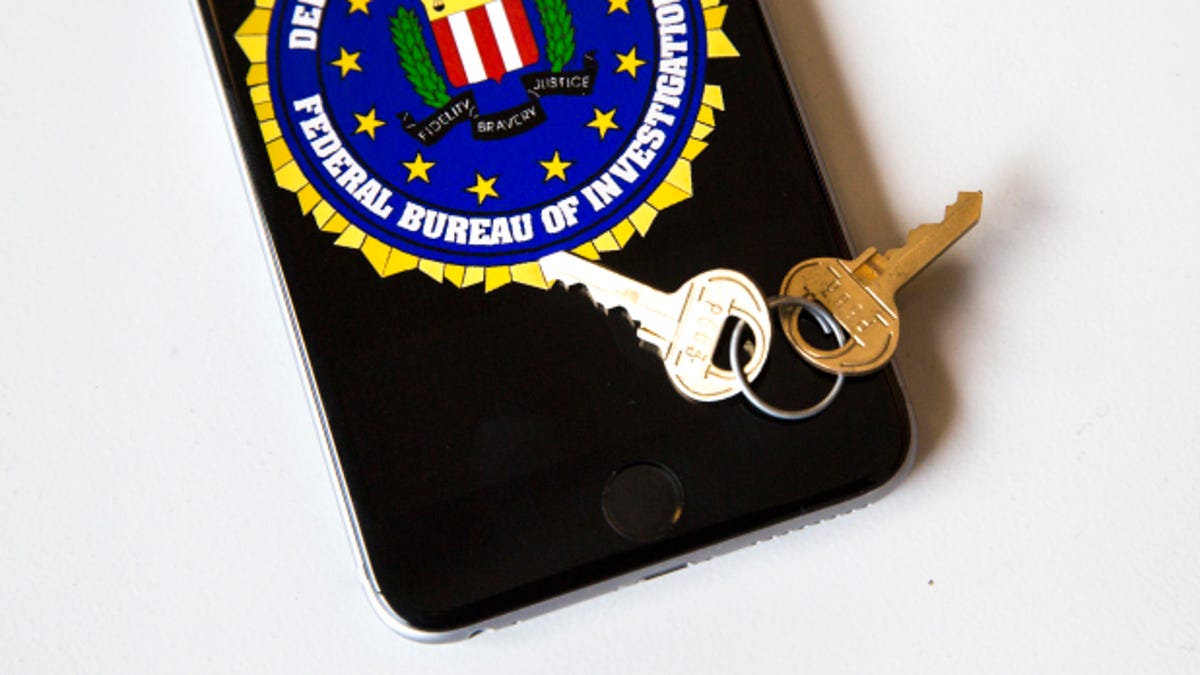How did FBI hack terrorist's iPhone? News groups sue to find out
Three news organizations file a lawsuit to learn how agents circumvented Apple to break into an iPhone linked to the San Bernardino mass shooting.

The FBI faced off with Apple earlier this year about accessing an iPhone linked to a mass shooting.
Three news organizations are suing the FBI to learn how the agency broke into an iPhone used by one of the terrorists involved in last year's San Bernardino, California, mass shooting.
Vice, the Associated Press and Gannett, the parent of national newspaper USA Today, are seeking details about source of the security crack that the FBI used and about government payments for it, according to USA Today. The FBI refused to provide that information to the organizations under the Freedom of Information Act, the report said.
In the lawsuit complaint, the news organizations argue the public has a right to know how the government spent taxpayer funds to obtain the hacking technique. They also argued the existence of a secret flaw in the iPhone could leave the public in danger.
"[T]he FBI's purchase of the technology...confirmed that a serious undisclosed security vulnerability existed (and likely still exists) in one of the most popular consumer products in the world," the news organizations wrote in the lawsuit complaint.
In a surprise revelation in March, the Department of Justice said an unnamed outside party had helped agents break into an iPhone 5C that was used by San Bernardino shooter Syed Farook. It was an abrupt end to a high-profile standoff between the US government and Apple over whether a court can order a company to create software to break its own privacy protections.
The battle over the iPhone spawned a debate between civil liberties advocates against law enforcement. At issue was the question of whether information on phones and computers should be fully encrypted, meaning the data on them is scrambled up so that only the user can unlock and read it. Those in favor of encryption argue it's vital for keeping user data safe from hackers and it allows for freedom of expression on the Internet. Law enforcement officials argue unbreakable encryption keeps them from accessing vital evidence in crimes.
The announcement in March that the agency had found a way to hack the phone without Apple's help ended a legal process that might have limited the power of encryption if a judge had ruled in the government's favor. It also spawned speculation on a variety of methods the FBI might have used, and about the identity of security experts who showed the FBI how to hack the phone. The FBI hasn't said how it accessed the phone or what data it found inside.
Apple didn't respond to a message seeking comment. An FBI spokesman declined to comment.
First published September 16, 9:15 a.m. PT.
Update, September at 11:21 a.m. PT: Adds more background information.



